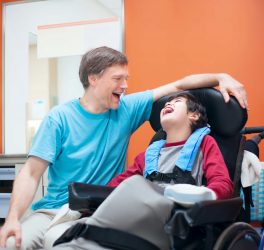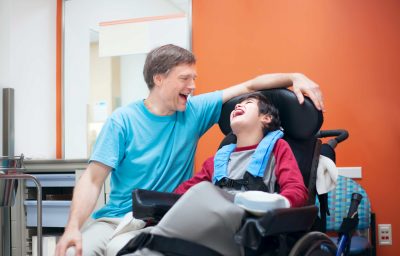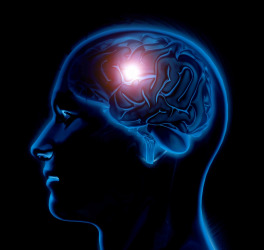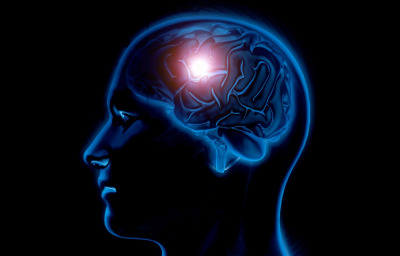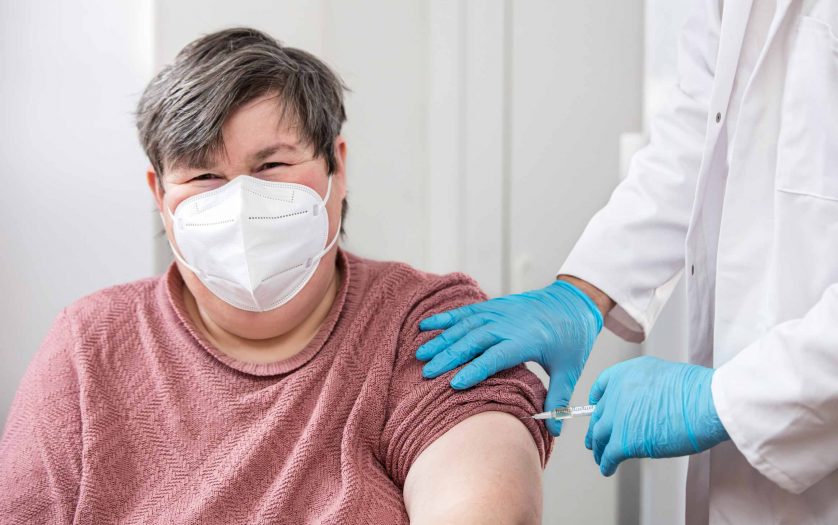
Wayne State’s Michigan Developmental Disabilities Institute (MI-DDI) — a member of the nationwide Association of University Centers on Disabilities (AUCD) network — is launching a new public health initiative, COVID-19 Vaccine Access and Confidence for People with Disabilities.
MI-DDI is one of 23 AUCD network centers strategically located across the country to reach local disability communities, reduce access barriers and promote vaccine confidence. The goal is to vaccinate all eligible people with disabilities by the anniversary of the signing of the Americans with Disabilities Act (ADA) on July 26.
“This work builds upon our innovative efforts throughout the COVID-19 crisis to support vaccination efforts for individuals with disabilities, their families and direct support professionals. It is critical that we promote accessibility at all steps of the vaccination process to ensure all people with disabilities can access a vaccine,” says Sharon Milberger, director of MI-DDI.
The initiative launches this week with a focus on building vaccine confidence in the disability community through family conversations in the weeks between Mother’s Day and Father’s Day. Network centers will share information on the safety and efficacy of the COVID-19 vaccines in community meetings, newsletters, social media campaigns, short videos and other local outreach efforts.
“Family members are important influencers in the lives of people who have a disability,” says Milberger. “Providing the tools and resources to support those family conversations around vaccines will get us one step closer to our #VaccinateByADA goal.”
MI-DDI will create and disseminate COVID-19 vaccination information tailored for people with disabilities, their family members and the people who care for them. These resources will be shared on MI-DDI’s social media platforms, website and through e-newsletter subscribers, reaching a wide array of providers and community members. MI-DDI will use partnerships with Michigan-based disability organizations to further expand information reach.
COVID-19 impacts all communities, including the over 61 million Americans who have disabilities. Approximately one in four Americans has a disability, yet current vaccination efforts do not consistently include them. Twelve AUCD centers will develop model outreach strategies that can be replicated by others across the country over the next several months. An additional 11 AUCD centers are conducting rapid outreach efforts over the next few weeks leading up to the ADA anniversary to promote accessible vaccines and boost confidence. Virtual town halls will help problem-solve over the next several months as younger age groups become eligible for vaccination.
MI-DDI’s mission is to contribute to the development of inclusive communities and quality of life for people with disabilities and their families through a culturally sensitive, statewide program of training and education, community support and services, research, and sharing of information. COVID-19 Vaccine Access and Confidence for People with Disabilities is made possible through a cooperative agreement with the Centers for Disease Control and Prevention.

